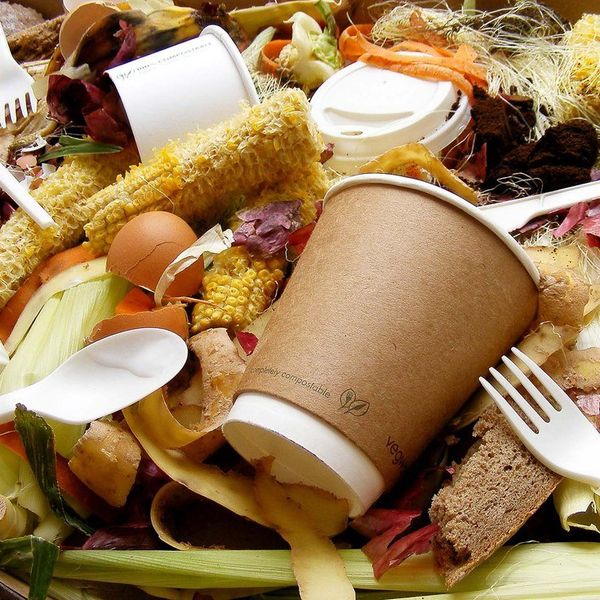It’s a material that has become a part of everyday life and one of the most common constituents. Though it is a very useful item, the harmful effects plastic has on the environment may outweigh its practicality. Plastic has the potential to be a great source of reusability, but instead is the most discarded material leading to immense plastic pollution. It’s time to start talking about the plastic problem.
There's a number of reasons why plastic is bad for the environment. One of the biggest problems surrounding plastic’s effect on the environment is the massive amount of it that is present throughout the world. Due to the fact that it is used so often, it is one of the most prominent forms of litter. Plastic bags of bottles are thrown out every day and can end up in forests, creeks, ponds, lakes or oceans. Though some of it is recycled, as consumption of this product goes up, so does its pollution levels due to improper disposal.
The reason plastic is so harmful is because it is not biodegradable. It has to be broken down with the use of light and usually air as well. “When items like plastic bags break down, they readily soak up (and release) toxins that then contaminate soil and water, as well as harming animals that ingest plastic fragments.” Many types of plastic already contain different types of toxins, and as it breaks down it can absorb other dangerous toxins, releasing them back into the environment.
We’ve all seen the photos of unfortunate marine animals being killed or injured by different types of plastic products. When not disposed of properly, a lot of these materials end up in bodies of water, especially the ocean. Sources say that every square mile of ocean has 46,000 pieces of plastic floating in it. This is extremely toxic and harmful to all living organisms in the area by injuring or poisoning them. With every death of an organism that plastic caused, an ecosystem is being thrown off balance.
As if its harmful effect on wildlife and nature wasn’t bad enough, plastic pollution also has very damaging effects on humans. When the toxins from the material spread through the ocean, humans may consume the contaminated fish or other animals that were a part of those waters. Also, plastic that is not recycled and thrown into landfills can get buried deep into the earth and release chemicals into groundwater. The consumption of the chemicals and toxins released by plastic pollution can be just as deadly for humans as they are for other organisms.
So next time you go to throw away your empty water bottle, take the extra step to put it in a recycling bin. Cutting down plastic consumption is imperative for the reduction of plastic pollution. If possible try not to use this material as often, the earth and its inhabitants will thank you for it.























